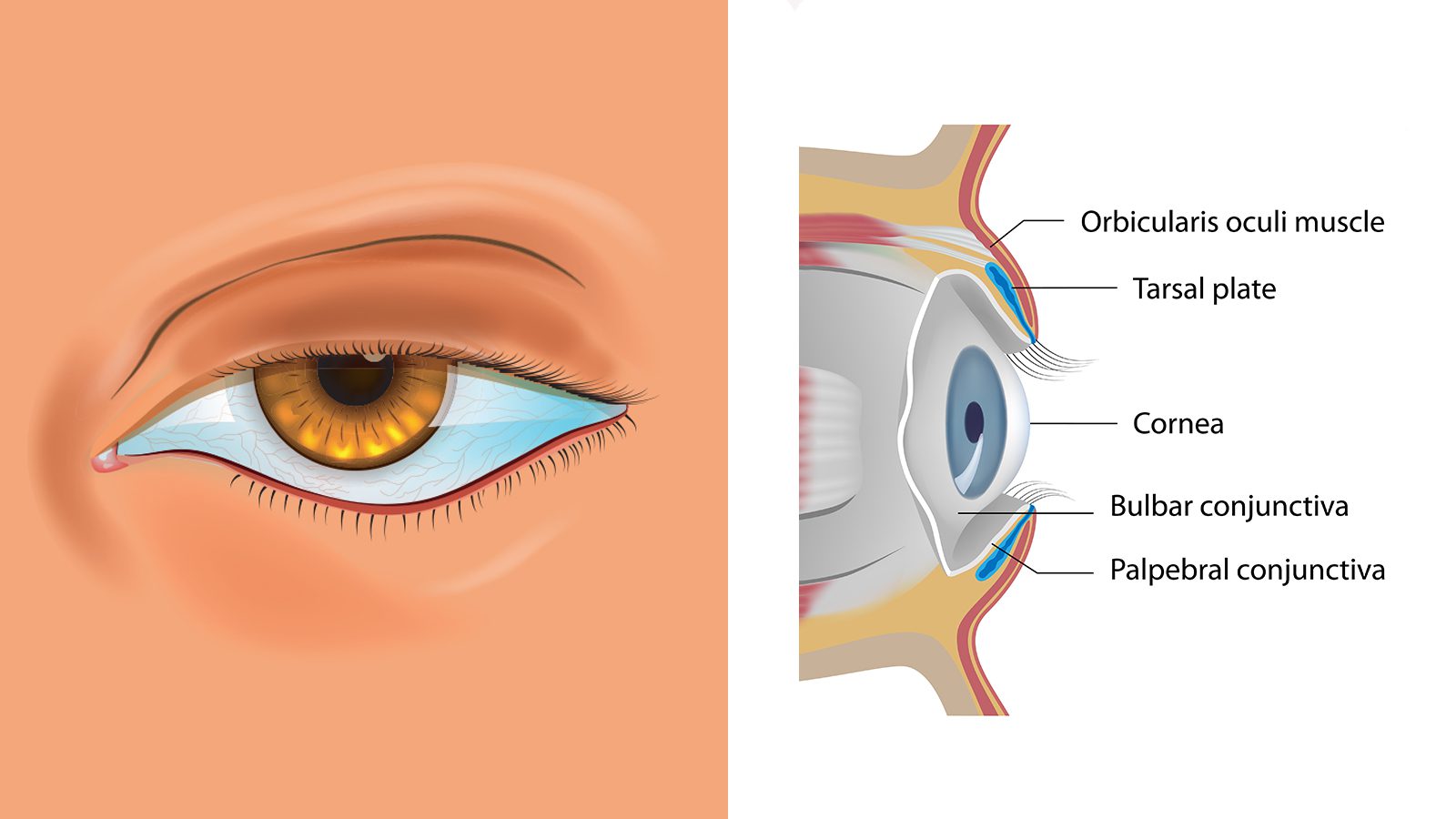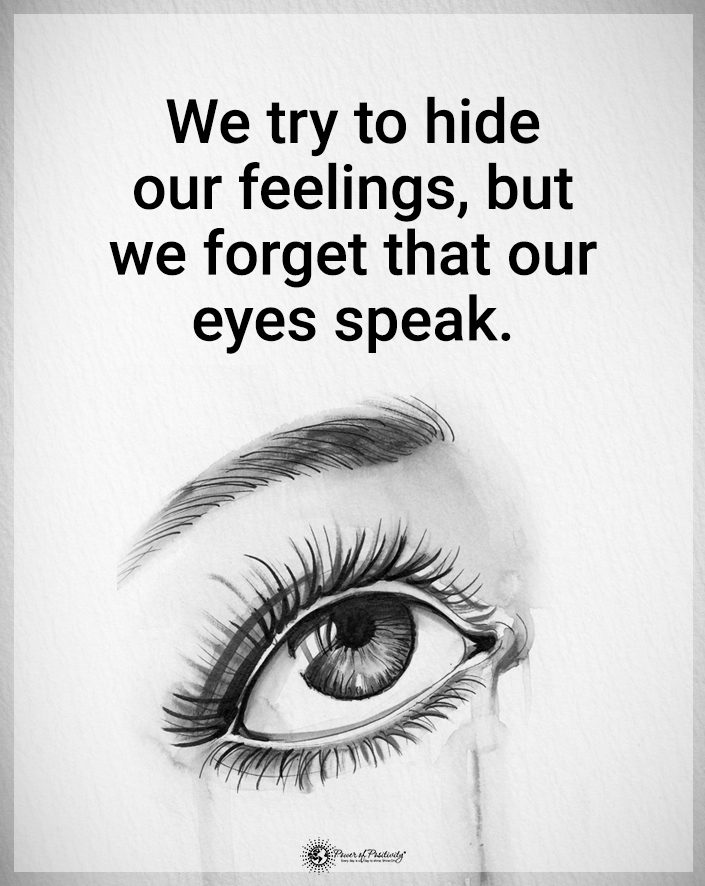What’s going on with those puffy eyes?
Have you ever peeked yourself in the mirror and noticed something slightly wrong with your eyes? Specifically, have you noticed unusually swollen or puffy eyelids?
While it’s easy to chalk this up to a poor night’s sleep or a sinus issue, doctors suggest that there could be other health concerns to consider.
In this article, you’ll discover what puffy eyelids may signify about your health from doctors and other science-backed sources. In addition, you will learn when it might be necessary to seek medical attention. You’ll also discover nine natural, science-proven home remedies to help alleviate swollen, puffy eyelids.
Puffy Eyelids Often Signify an Underlying Health Concern
Swelling or puffiness around the eyes is a common symptom that may not seem problematic initially. But puffy eyelids can be a sign of various health issues.
According to the American Academy of Ophthalmology, minor conditions such as allergies or eye fatigue are often responsible for the occasional swelling or puffiness around the eyes. However, it can also be an indication of more severe conditions. Chronic puffiness or swelling, mainly when not associated with a lack of sleep or allergies, can be a warning sign of kidney disorders, thyroid disease, or even heart problems. Understanding these links helps us realize that our eyes can serve as windows to our overall health.
Puffiness Around the Eyes Could Mean Kidney or Heart Disease
A study from the National Institutes of Health furthers this perspective by highlighting that chronic eyelid puffiness could also be a signal of kidney or cardiovascular disease. Our bodies often reveal imbalances in diverse ways, and the appearance of our eyes can provide crucial clues. It’s important to heed these signs and seek medical advice if puffy eyelids persist, especially if other common factors are absent.
Regular eye checks can be more than just a vision test – they can be a lifesaver.
Eye Puffiness May Also Reveal Serious Systemic Diseases
The University of Utah Health further expands on puffy eyes’ health implications by stating, “Eye swelling can also be a sign of serious systemic diseases such as Graves’ disease, orbital cellulitis, and ocular herpes.”
Graves’ disease, an autoimmune disorder leading to an overactive thyroid, can manifest as eye inflammation and swelling. Similarly, orbital cellulitis, a severe infection involving the tissues surrounding the eyes, can cause eyelid puffiness and need prompt treatment to prevent complications. Ocular herpes, which comes from the herpes simplex virus, may also result in inflammation and swelling of the eyes.
These conditions are severe and require immediate medical attention. If puffy eyes also have pain, redness, vision changes, or discomfort, it’s time to seek professional help immediately. Remember, early detection and treatment can prevent complications and promote faster healing.
When to Consult a Doctor About Puffy Eyelids
Determining when to consult a doctor can be a daunting task. So monitor the length and frequency of the swelling. Mayo Clinic suggests seeking medical attention if the puffiness is severe, persistent, accompanied by redness, itching, or pain, affecting other parts of your body, or if you also have a fever.
Natural Remedies for Puffy Eyelids

For those who prefer natural remedies, here are five potential solutions that can help reduce puffiness around your eyes.
Try these:
- Cold Compress: According to doctors at the NIH, applying a cold compress to your eyes can help reduce swelling. You can make a compress in your kitchen using simple items like a chilled spoon, a bag of frozen peas, or a cool, damp cloth.
- Cucumber Slices: Cucumber slices are a classic, study-backed remedy that provides a cooling effect and can help decrease inflammation.
- Adequate Sleep: Ensuring you get enough sleep is paramount. The Sleep Foundation recommends adults aim for seven to nine hours of sleep per night.
- Hydration: Drinking plenty of water can help flush out excess salt from the body to lower puffiness. Mayo Clinic doctors suggest that adults aim for about 15.5 cups ( equal to 3.7 liters) for men and about 11.5 cups (equal to 2.7 liters) for women daily.
- Chamomile Tea Bags: Chamomile has anti-inflammatory and antioxidant properties. Soaked, chilled chamomile tea bags over your closed eyes can help reduce it.
- Green Tea: Green tea is rich in anti-inflammatory agents and antioxidants, which can be beneficial for reducing puffiness. A 2018 study published in Nutrients confirmed the anti-inflammatory benefits of green tea. For this remedy, steep two bags of green tea in hot water, let them cool, and then place them on your eyes for about fifteen minutes.
- Saline Rinse: A quick rinse of sterile saline solution can also alleviate puffiness. The salt can draw out water retention in the tissues and reduce swelling. While no direct study highlights the impact of salt water on eye puffiness, it is widely accepted in healthcare practices, particularly for its antimicrobial and healing properties. Soak a cotton ball or pad with one tablespoon of saline solution, and pat it gently over your closed eyelids.
- Massage: Massaging the eyelids can help relieve the flow of lymph fluid, helping swelling. The British Journal of Ophthalmology has cited manual lymphatic drainage—techniques to stimulate the flow of lymph fluid—as a viable treatment for calming eye swelling post-surgery. With clean hands, gently massage your eyelids in a circular motion for a few minutes daily.
- Aloe Vera: Aloe vera is widely known for its anti-inflammatory nature. A 2008 study published in Journal of Ethnopharmacology shows aloe vera extract can significantly inhibit inflammation. Use aloe vera gel on the skin around your eyes. But take extreme caution not to let the gel enter the eyes, as it can irritate them, making matters worse.
Remember to consult your eye doctor if your symptoms persist or worsen. Home remedies can be helpful for temporary relief, but they are not replacements for professional medical advice and treatment.
Final Thoughts on the Causes of Puffy Eyelids and Comforting At-Home Remedies
Understanding the causes of puffy eyelids is crucial to our overall health. Research shows how swelling around the eyes may be more than a casual concern. It is a symptom that may signal anything from minor issues like allergies or sleep loss to more severe conditions such as heart or kidney diseases.
Given the wide-ranging implications, it is essential not to ignore persistent or unusual eyelids. Monitor your symptoms. Seek advice from your doctor if the issue is severe, persistent, accompanied by other symptoms, or affecting other body parts. Remember, proactive and informed decisions are always the best approach.
In addition to medical treatment, at-home remedies can help manage eyelid puffiness. From the simplicity and effectiveness of a cold compress or cucumber slices to getting enough sleep and water, these natural solutions offer a gentle, chemical free way to address the issue. Using chamomile tea bags, with their anti-inflammatory and antioxidants, presents another good option.
Puffy eyelids may speak volumes about your health. A discerning eye, and help from trusted medical sources, and easy at-home remedies, is your best tool for maintaining optimal eye health. In no time, you will support better overall health.




















